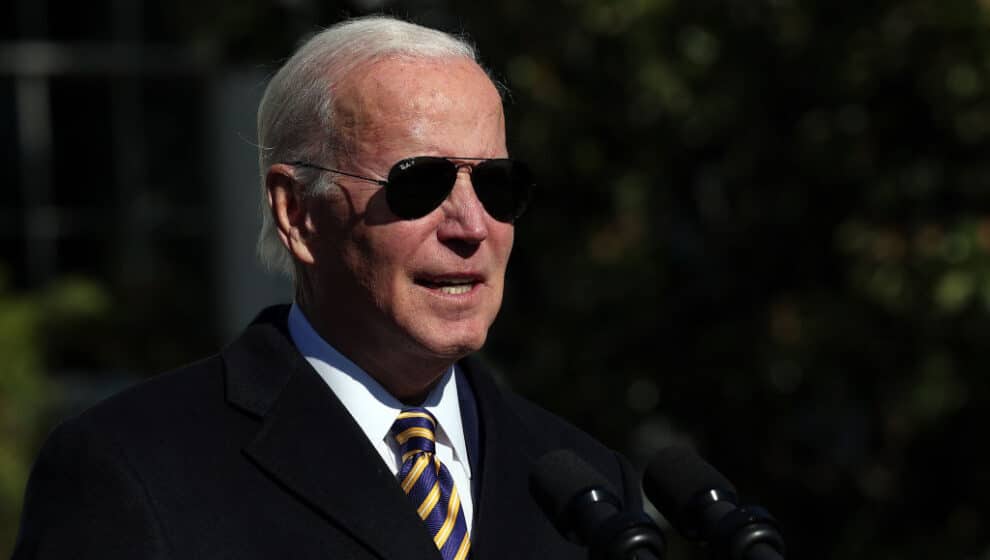The student-loan forgiveness program is being appealed to the Supreme Court in spite of several courts striking it down.
Key Details
- President Joe Biden signed an executive order on August 24 that allows student debt holders earning less than $125,000 to have up to $20,000 in debt forgiven.
- The order was paused following several rulings against it—including an Eighth Circuit Court of Appeals order in October and a Texas federal judge on November 14 ruling the law was illegal.
- The U.S. Solicitor General Elizabeth Prelogar and the Justice Department appealed to the Supreme Court on Friday to move the law ahead.
- On Saturday, thousands of applicants were notified by Education Secretary Miguel Cardona that they have been approved and that funds will be sent out “if and when we prevail in court.”
- The Biden administration says that the program has seen 26,000 applicants, that 16,000 have already been approved, and that the lawsuits have no merit.
Why it’s News
The Biden administration is moving very confidently in its belief that it will find a way to successfully payout its student-loan forgiveness program. It reminded the Supreme Court that millions of young people are burdened by billions in debt that are limiting their ability to build their lives.
“The Eighth Circuit’s erroneous injunction leaves millions of economically vulnerable borrowers in limbo, uncertain about the size of their debt and unable to make financial decisions with an accurate understanding of their future repayment obligations,” says Prelogar.
Others are not convinced that Biden’s appeal will work. The legal challenges are directly opposing the law as an overstep of executive authority. Several prominent analysts are saying that the Supreme Court will strike it down.
“There’s a good chance courts are going to look at this and say, the president overstepped his authority—spending is really the authority of the Congress,” says Committee for a Responsible Federal Budget member Marc Goldwein.
“I think the likelihood is that this more or less marks the death knell as it were for the administration’s attempt to forgive student debt,” says Cato Institute SVP Clark Neily.
Bipartisan policy analysts are suggesting that President Biden’s announcement last week to offer $10,000 to $20,000 in student-loan forgiveness to 43 million Americans will add to the budget deficit.
Maya MacGuineas, the president of the Committee for a Responsible Federal Budget, told Barron’s that the policy will increase deficits by hundreds of billions of dollars, increase inflation, and up the risk of a recession.
“When all is said and done, we’ll have spent $800 billion on changes to student-loan policy since the pandemic started… This is a stunning amount of money to be spent without congressional approval. It’s on top of a $24 trillion national debt that is set to surpass its record as a share of the economy within the next decade,” says MacGuineas.
Notable Quote
“President Joe Biden should take the legal wrangling over his proposed student loan giveaway as a giant note to self: Next time he wants to create a massive new government program, he should take it to Congress first. It may be inconvenient, but it’s what our Constitution requires,” says USA Today.
